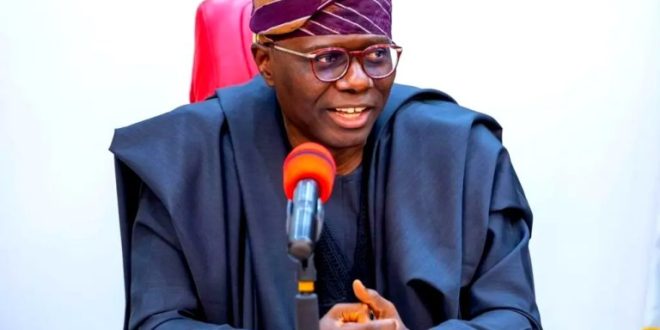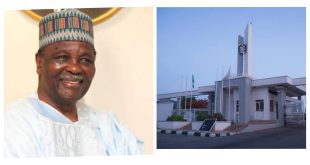The Lagos State Government has launched its Climate Adaptation and Resilience Plan (LCARP) alongside its Climate Change Mainstreaming Strategy.
This significant initiative was unveiled by Governor Babajide Sanwo-Olu, represented by Deputy Governor Obafemi Hamzat, at the 10th International Climate Change Summit held in Lagos.
Governor Sanwo-Olu underscored the importance of the state’s efforts in climate adaptation, noting that the LCARP will guide Lagos in aligning its climate change mitigation and adaptation strategies.
“It is important for us to recognise the urgency of our collective actions in mitigating the effects and championing adaptation initiatives,” Sanwo-Olu stated.
He further emphasised, “This resonates deeply with the efforts and commitment of the Lagos State Government in combating climate change.
“Lagos has and will continue to take significant steps towards reducing our carbon footprints and emissions.”
The governor pointed out that Lagos has conducted extensive studies to determine its carbon emissions, with the ambitious goal of achieving zero emissions by 2050.
This comprehensive approach demonstrates the state’s dedication to addressing climate change head-on.
Sanwo-Olu also highlighted the administration’s ongoing commitment to reducing carbon footprints and emissions through various initiatives, including the waste-to-energy project.
This project is part of a broader strategy to leverage innovative solutions for waste management and energy production, further solidifying the state’s environmental goals.
The Climate Adaptation and Resilience Plan is expected to play a pivotal role in guiding Lagos’s actions in the face of climate change.
By establishing clear guidelines and strategies, the state aims to enhance its capacity to adapt to climate impacts while simultaneously reducing greenhouse gas emissions.
This plan complements other key initiatives by the Lagos State Government, such as the implementation of the Bus Rapid Transit (BRT) system, which has already achieved a 15 percent reduction in emissions.
Also, the launch of Nigeria’s first electric car, the Hyundai Kona, in November 2020, marks another milestone in the state’s ongoing efforts to promote sustainable transportation.
Thus, the Lagos State Government’s proactive approach to climate adaptation and resilience underscores its commitment to creating a sustainable and environmentally responsible future.
Through these initiatives, Lagos aims to protect its residents and infrastructure from the adverse effects of climate change, ensuring a resilient and thriving urban environment.
 National Telescope national telescope newspaper
National Telescope national telescope newspaper



